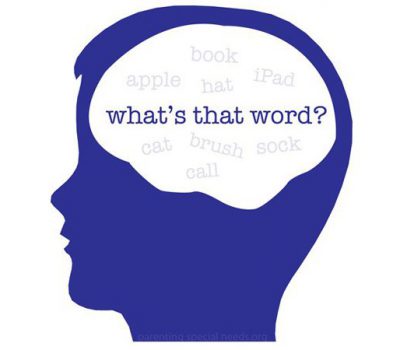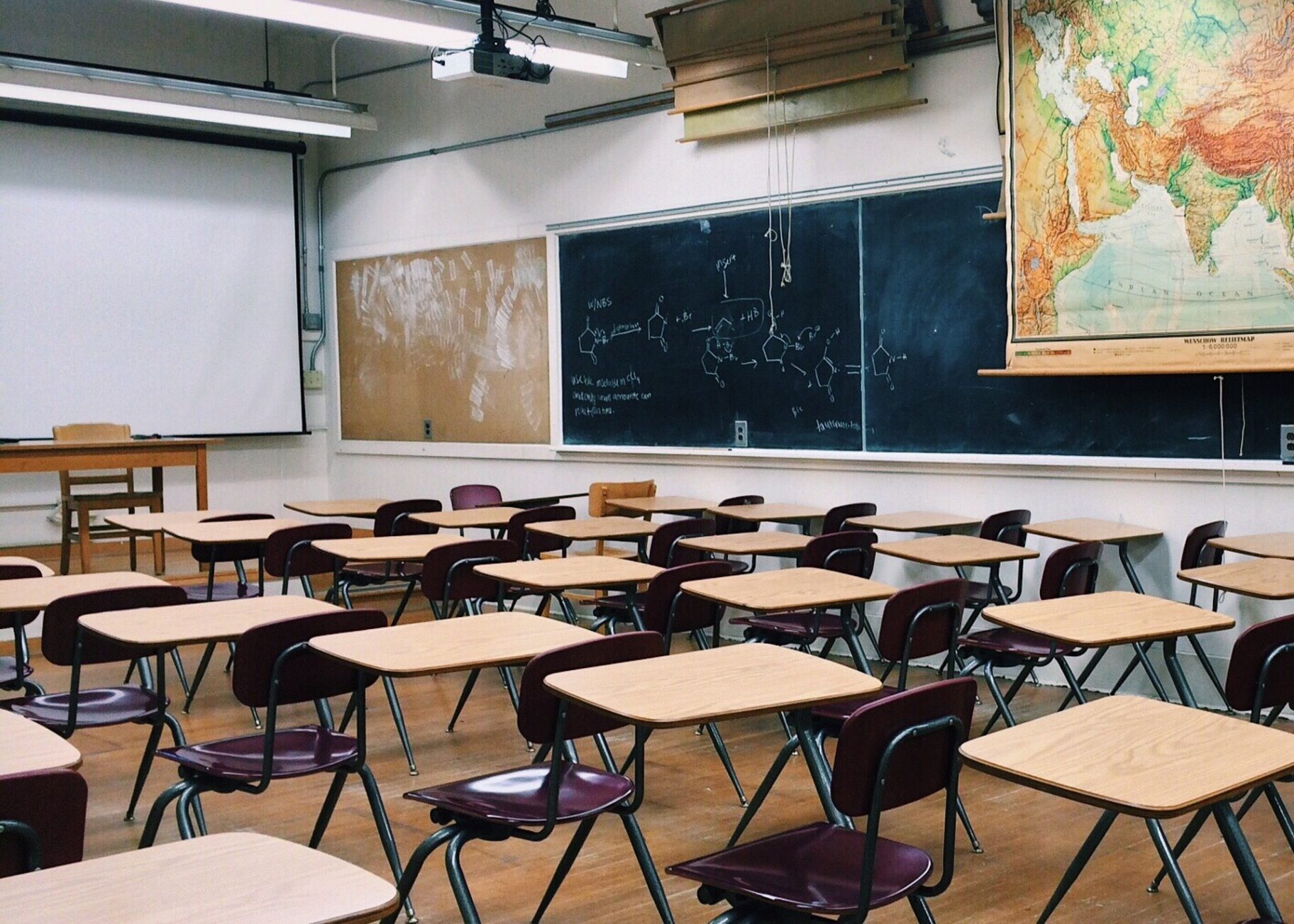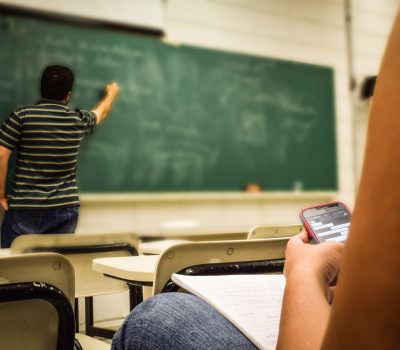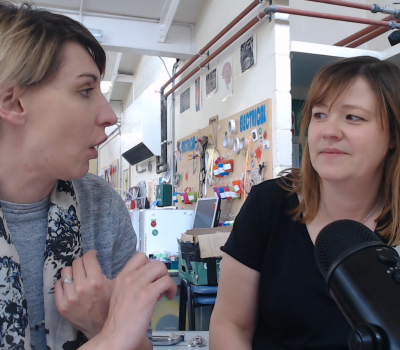


Our team sorts through all blog submissions to place them in the categories they fit the most - meaning it's never been simpler to gain advice and new knowledge for topics most important for you. This is why we have created this straight-forward guide to help you navigate our system.


And there you have it! Now your collection of blogs are catered to your chosen topics and are ready for you to explore. Plus, if you frequently return to the same categories you can bookmark your current URL and we will save your choices on return. Happy Reading!
Dyspraxia is something which can have a big impact on a person’s comfort in school.
Here’s some advice on how to approach it

Like all professional fields, education continues to develop as time goes on. We are increasingly developing a better understanding of how to help children (and adults) to learn happily and efficiently. And one of the most important things that educators have come to realize, is that no two students are alike. However, as this is an ongoing process, there are plenty of factors that we still don’t have a very good understanding of, and one of those is a condition called dyspraxia.
Dyspraxia (also known as ‘developmental coordination disorder’, or DCD) has surprisingly low general awareness about it, considering how common it is. While it can have a variety of impacts on a person (both direct and indirect), it primarily affects a person’s fine and/or gross motor skills. And you may not realize how broad the range of ways this can manifest itself is, until you stop and think about it. After all, motor skills factor in some way into every action we take. Therefore, dyspraxia can impact a person in any combination of the following ways.
Movement
Unsurprisingly, this is one of the most common ways that dyspraxia can impact someone. This includes awkward movements, poor spatial awareness and difficulty adapting their motor skills to new situations.
Organization/Planning
People with dyspraxia sometimes have difficulty organizing themselves. This is because dyspraxia can also have an impact on attention, memory and time management.
Verbal Difficulties
People with verbal dyspraxia have significant trouble managing the precise movements needed for clear speech. Because of this, they can also have trouble keeping up with conversations; with long pauses needed before they can respond. It is possible to have verbal dyspraxia by itself, or alongside the other symptoms listed above.
If you’re a parent or teacher who recognizes these symptoms in a child, it’s important to take steps to get them officially diagnosed. It could, of course, turn out to be a different learning difficulty (many of them have overlapping symptoms). However, if your child has a learning difficulty, it’s important for it to be identified as soon as possible, regardless of what it is. Because an unrecognized learning difficulty can have an indirect, but insidious, impact on a person. Specifically, it can have a damaging impact on their self-esteem.
If a child sees their peers doing something with minimal difficulty and then struggle with it themselves, they can come to the conclusion that there’s something wrong with them, or that they’re ‘stupid’. This can be made worse by adults who mistake their troubles for laziness, or a simple refusal to do the work. For example, a child with dyspraxia might be assigned extra handwriting practice, in spite of the fact that there’s nothing they can do to make their handwriting neater.
This is why it’s crucial for dyspraxia and other learning difficulties to be identified as early as possible. This helps the child understand that they are not ‘stupid’ and adults recognize that they aren’t ‘lazy’. It’s simply that they are struggling to learn in an environment that is not suited for them. Once adjustments are made for them, children with learning difficulties can excel academically just as much as other children.
So, if you suspect your child/student has dyspraxia (or another learning difficulty), the best thing you can do is seek a professional diagnosis. It’s the best way to ensure that you and others will be equipped to support them properly.

The author

Read more

Read more

Read more

Read more

Read more

Read more

Read more

Read more


Are you looking for solutions? Let us help fund them! Nexus Education is a community of over 11,000 schools that come together to share best practise, ideas and CPD via online channels and free to attend events. Nexus also offers funding to all school groups in the UK via nexus-education.com


Established in 2011, One Education is a company at the heart of the education world, supporting over 600 schools and academies. Our unique appeal as a provider is in the breadth and synergy of the services we offer, supporting school leaders, teachers and support staff to achieve the best possible outcomes for their pupils and staff.

School Space is a social enterprise that has empowered schools for over 12 years through their profitable and hassle-free lettings services. So far, they’ve generated over £5 million in revenue for education, helping to connect over 200 schools with their local communities.


Unify is an online sales and marketing tool that allows users to create tailored personalised documents in moments.


There’s nothing special about the energy we sell. In fact, it’s exactly the same energy as all our competitors provide. But there is something special about the way we do it. Where others complicate the process, we simplify it. Where others confuse customers with hidden terms, we’re an open book. And where others do all they can to make as much money from their customers as possible, we do all we can to make as little. Everything we do, we do it differently. Our customers are a privilege. One we’ll never take advantage of.


Securus provide market-leading monitoring solutions to safeguard students on ALL devices both online and offline. We also offer a full monitoring service, where we carry out the monitoring on behalf of the school, freeing up valuable staff resources. From the smallest school to large MAT groups, Securus offers safeguarding protection for all!


Bodet Time offers dedicated solutions to education through lockdown alerts, class change systems, PA and synchronised clock systems. Improving time efficiency of the working and school day; ensuring safety through lockdown alerts; increasing communication with customised broadcast alerts.


Robotical makes Marty the Robot - a walking, dancing coding robot that makes programming fun and engaging for learners as young as 5. Our robots come with a full Learning Platform that has complete teaching resources, to make lesson planning a breeze.